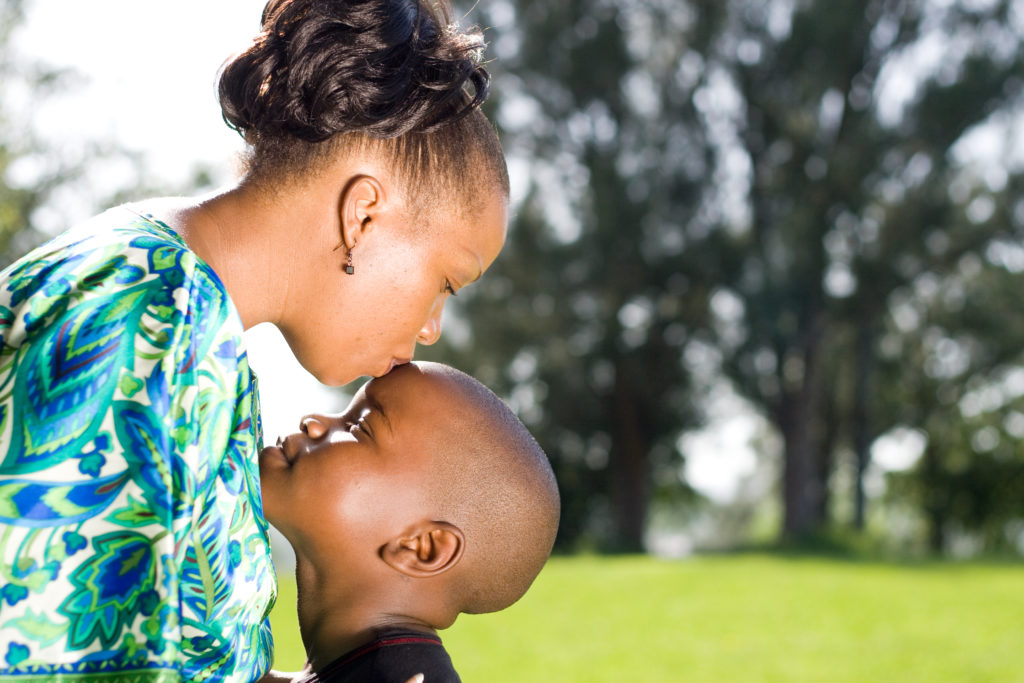New Jersey — Three years ago, Dorothy T’s house became her grandson’s home.
“He was removed [from his residence] at six and he asked if he could come to his grandma,” she said.
Ms. T said being “kin” or “family” is only part of why she is the refuge her grandson needs. She said what really matters is that she’s getting the parenting resources necessary to care for him.
“The bottom line should be that the best place for the child’s development and safety is not always the birthplace, but the safest place and where he or she is most loved,” Ms. T said.
Ms. T’s support has come from from Essex County, New Jersey Youth Advocate Programs (YAP), Inc. in weekly sessions with Foster Parent and Behavioral Support Specialist April Robinson, EdD.
“Dr. Robinson guided me to find out what to expect from where my grandson was coming from. It took me six months to get him to sleep and not jump when you walked into a room,” she said. “I think the best thing about YAP and Dr. Robinson is that they prepare you for what’s coming to you.”
YAP is a 47-year-old national nonprofit in 33 states and the District of Columbia that partners with youth justice, child welfare, behavioral health, education, and other systems to provide community-based wraparound and mobile therapy services as an alternative to out-of-home congregate residential placement. The organization meets program participants where they are, delivering individualized services guided by the strengths of each person they serve.
“All of our children deserve to grow up in families, not group homes, jails, prisons, psych hospitals, detention centers, hotels, motels, offices or any other place that we would not like for our own children or relatives,” said YAP President Gary Ivory. “If we place the same level of resources on strengthening birth families and relative placements as we do with finding placements outside the home, we could transform our national outcomes for children and youth.”
Ms. T said prior to becoming her grandson’s legal guardian, he visited with her a couple of times a month. She was unprepared for the voicemail from her local police department three years ago saying her grandson was with them.
“When I finally got the police; they said he was removed from school because he wouldn’t sit down.”
Police told her an abuse investigation was underway, that her grandson was being interviewed and examined by medical professionals. She said New Jersey Division of Child Protection and Permanency (DCPP) workers arrived with the little boy at 2 a.m.
“The next morning, I asked what he wanted for breakfast. He said, ‘I want pancakes.’ I asked him, ‘Why didn’t you ever tell me you were being treated like this?’ He said, ‘I was scared because I had to go back.’ I said OK, we’re going to move on from here,” Ms. T recalled. “All of a sudden, I have a six-year-old in my home. Now I have to find a way to be a full-time parent and to guide him to healing.”
Ms. T said working through her own trauma has been key to helping her grandson manage his. She said that by the time she adopted his father nearly 40 years ago, she had lost three babies — a daughter, and a set of twins — shortly after giving birth to them.
“Dr. Robinson listens. She heard my own personal story. That’s why I think people like her are so important because they support the one giving out the care. She’s the only person who asks how did what happen this week affect you? And what Dr. Robinson’s invaluable help did was help me heal parts of myself that I needed—to strengthen me with coping skills to strengthen him,” Ms. T said.
“Organizations like DCPP will work with kin, doing things like paying rent, providing counseling, even supporting them with expunging criminal records, whatever they can,” Robinson said. Robinson, who has a background in strengthening organizations as well as families, uses tools like the Myers-Briggs personality indicator to ensure that individuals she serves are receiving resources that meet their unique needs.
“We are helping kids to become productive in society and the way to do that is to have them start out in a healthy environment,” she said. “I’m all for all young people being in the right environment.”
Ms. T said working with Robinson has empowered her to hone skills that help her accept that she cannot parent her grandson alone and discern who else should be in his circle to contribute to his healthy development. She said he has a close relationship with a longtime mentor from his school. She added that at times he visits with his biological sister and baby brother.
While Ms. T said her grandson continues to receive the professional support he needs, she understands that her wellbeing is key to ensuring that he has a firm family foundation and every opportunity he deserves to grow into a healthy adult.
“I live for 11 am Thursday morning because that time is for me– to help me be the best me I can be. Dr. Robinson’s guidance is so important because each child is different, and each child will require a different understanding based on the situation that they are coming from. Because of that support each one of us resource parents will be better. I’m able to be a better grandmother,” she said.
Robinson said there was a time when non-kinship guardians received more child welfare resources than kinship families, but that things are changing to encourage families to foster children with whom they are related.
To learn more about YAP visit www.yapinc.org or follow us on Twitter at @YAPInc.
